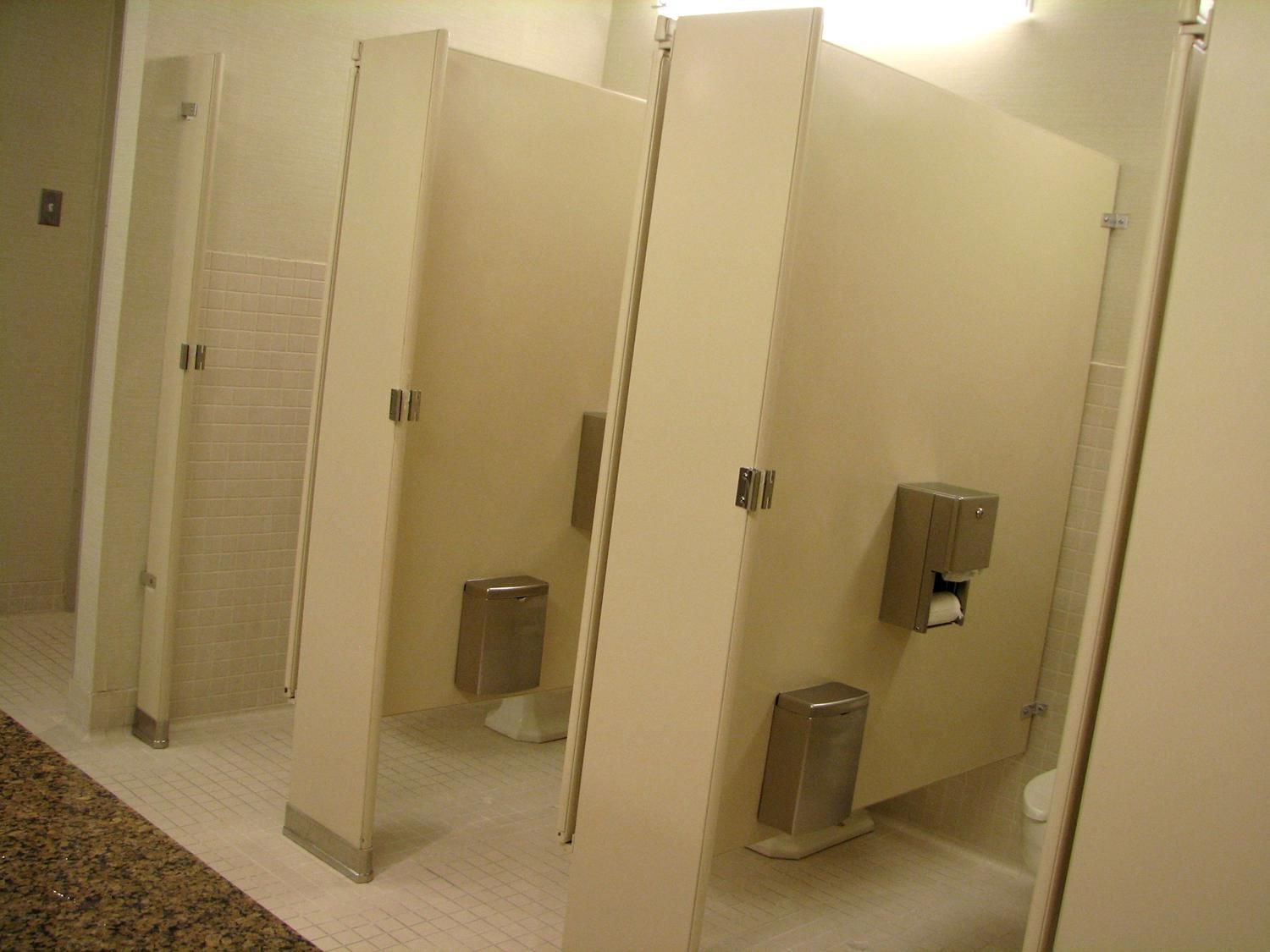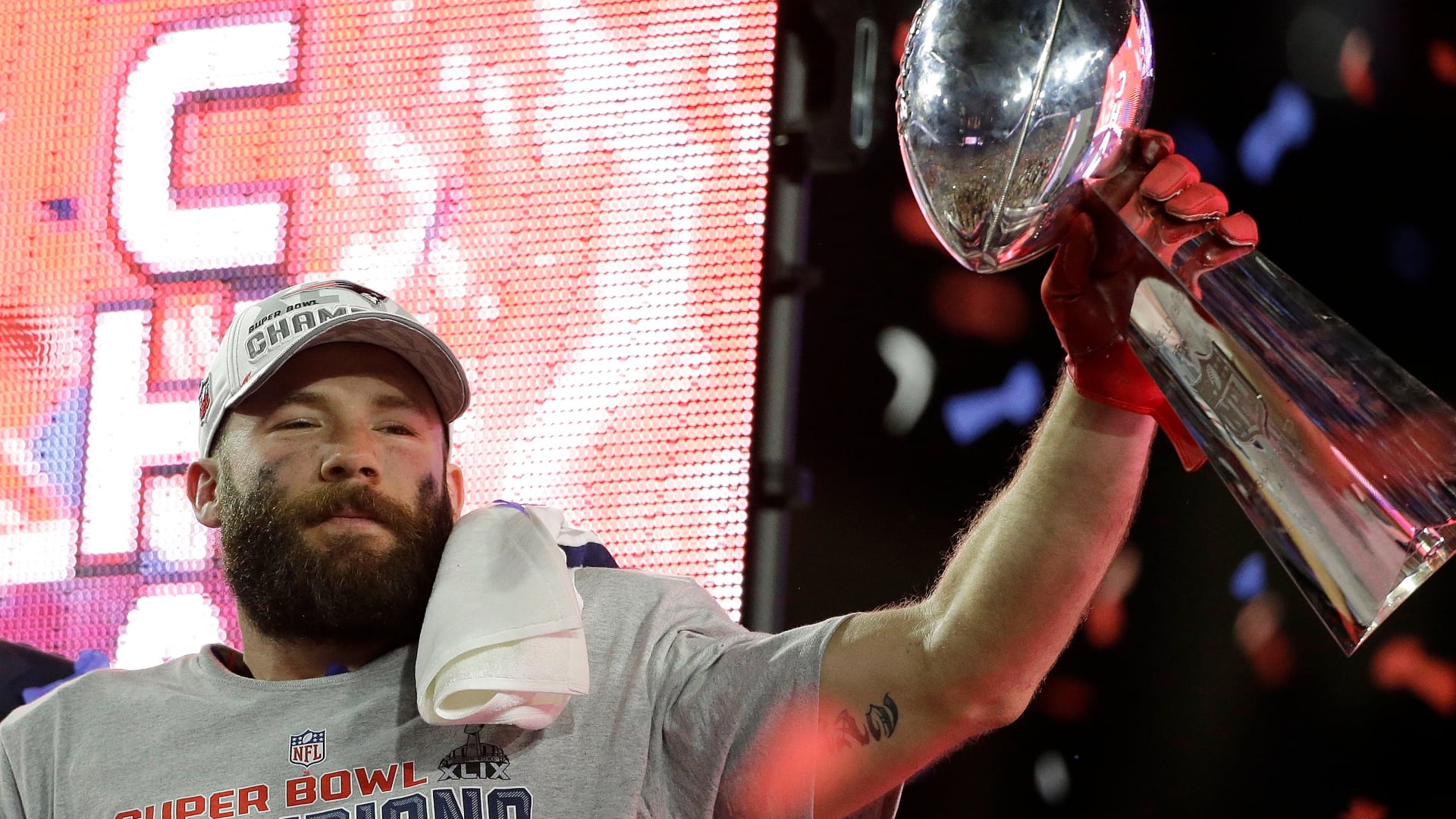Tesla shares rose more than two percent Friday after [CEO Elon Musk tweeted](https://twitter.com/elonmusk/status/984705630106673152) that the electric carmaker does not need more capital because it will turn a profit by the end of the year. Not all investors bought Musk’s ambitious projections. “I think that’s a stretch,” said Gene Munster, the managing partner of Loup Ventures. He said in an interview with Cheddar that it would take Tesla “11 quarters” to reach profitability. Munster compared Musk’s optimism with Apple’s Steve Jobs. “Jobs had this reality distortion field where he truly believed that things that were not happening could happen, and I think Elon Musk, for better or worse, has some of those same symptoms,” Munster said. Tesla’s profitability likely depends on sales of the mass-market Model 3 sedan, but production of the car has been slower than expected. Musk projected last December that the company could produce 20,000 Model 3 vehicles a month. But the company only managed to make 1,000 cars a week that month. Supply bottlenecks for some parts has limited production, which barely reached 2,000 vehicles a week last quarter. Musk took charge of production management himself last week in an effort to ramp up production. Munster said Tesla will eventually get to the 20,000 mark. “That’s not in the reality distortion field conversation,” he said. But Model 3 production delays are already a drag on the company’s stock. Goldman Sachs this week lowered Tesla’s share price target from $205 to $195, citing difficulties with the Model 3. For full interview, [click here](https://cheddar.com/videos/markets-recover-at-weeks-end).












